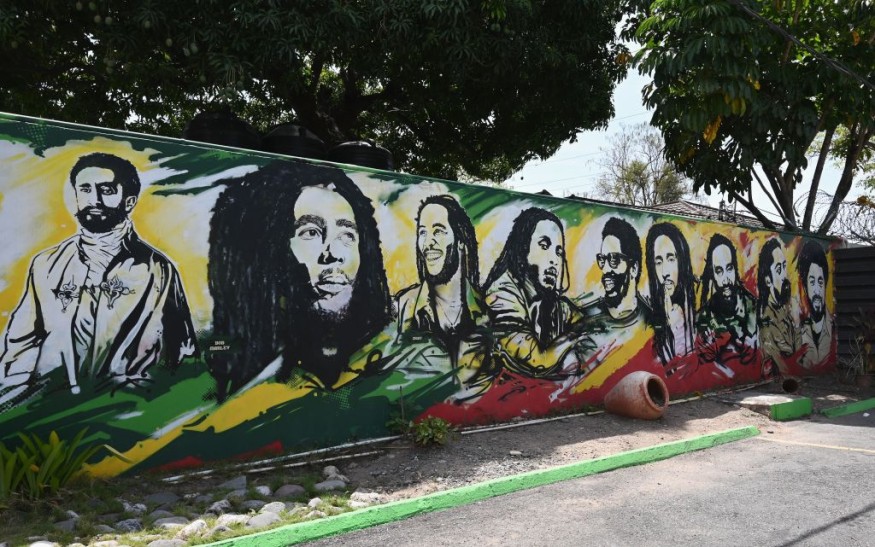Jamaica: What Is the Rastafari Movement?

The Rastafari movement has been synonymous with Jamaica. It is both a religious and a political movement in the Caribbean country, made more popular outside Jamaica by none other than legendary Reggae musician Bob Marley.
It is described as a Protestant Christianity, mysticism, and a pan-African political consciousness. Members of the movement are called Rastas, who believe that people of African descent in the Americas are "exiles in Babylon," and are being tested by God through slavery and racial "downpression."
Rastas also believe in various books from the Bible, such as the book of Revelation. In particular, Rastas are waiting to be freed and returned to Zion. They also believe Ethiopia is the home of all Africans and the seat of God. They take their name from the pre-coronation name of the Ethiopian Emperor Haile Selassie I, Ras Tafari. They believe that he is the Second Coming of Christ and returned to redeem all Black people, according to blackhistorymonth.org.
Rastas and Smoking Ganja
Smoking marijuana, or ganja as Jamaicans call it, has been synonymous with Rasta culture. While it is illegal in many countries, followers of the movement believe that smoking ganja will increase their spiritual awareness, according to Island Outpost.
Rastas believe that smoking ganja will open their mind, and they often smoke it ritually. Often, they say a prayer to Jah (God) or Haile Selassie I before lighting up their ganja and inhaling the ritual smoke. For them, it is always a special experience.
To Rastas, this spiritual experience is far different from what they call Nyabinghi. This is the smoking of ganja for casual reasons, which people in other countries often do. They take Nyabinghi very seriously, as acting silly when high from ganja may be seen as disrespectful.
As a religious movement, the Rastafari have fought various governments for the right to legally smoke marijuana for religious purposes. Many members of the movement have gotten into trouble for marijuana possession, which has led various groups within the movement to fight for their religious rights and rituals.
Rastafari Diet and Dreadlocks
Dreadlocks originated in Eastern Africa and have been part of African culture since ancient times. The hairstyle has also been synonymous with the Rastafari movement, which took a literal interpretation of the Bible ruling on hair. Because of this, many Rastas do not believe they should cut or even comb their hair and thus have dreadlocks.
Rastas also believe that the hairstyle is important to the "Black Man," as it resembles the mane of a lion, king of animals. They also believe that the hairstyle is the natural state of the African person's hair, and having one will make them closer to Jah.
As for their diet, Rastas do not believe in eating dead animals and have a more vegetarian diet. However, they do consume dairy products, as these do not come from dead animals. They also eat fish, but not shellfish, as it goes against the teachings of the Bible.
Rastas follow a strict dietary law called "ital." It states that all food must be completely natural and raw. This means that there are some Rastas who also cannot eat fruit that has been peeled, smashed, or cut. A large number of them also cannot eat processed food at all.
The movement has grown outside Jamaica, with members from all over the world. One of its most prominent ambassadors is the late Bob Marley, who many mistakenly attribute as the founder of the movement. While he shined the spotlight on the movement he was a part of, he is certainly not its founder, as the movement started in the 1930s.
This article is owned by Latin Post.
Written by: Rick Martin
WATCH: 48 Hours w/ the RASTA People of JAMAICA - Drew Binsky
Subscribe to Latin Post!
Sign up for our free newsletter for the Latest coverage!
© 2026 Latin Post. All rights reserved. Do not reproduce without permission.














